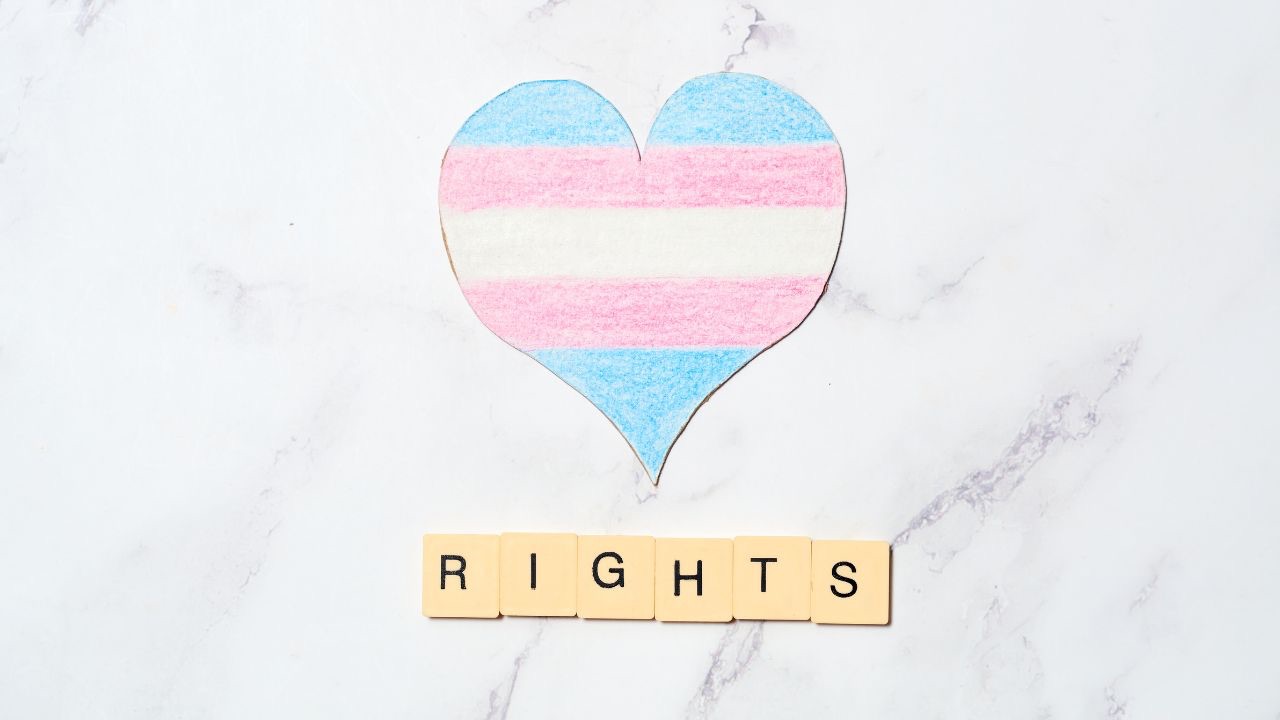
Each year on March 31, we observe International Transgender Day of Visibility (TDOV). The purpose is to celebrate transgender, non-binary, and gender-nonconforming people worldwide.
Founded in 2009, TDOV is a day to celebrate transgender people and their accomplishments. As a result, this brings awareness to the struggles and discrimination they continue to face.
Transgender people continue to have to fight for the same fundamental rights as their cisgender counterparts.
The right to basic healthcare. Access to restrooms and locker rooms. The ability to play sports. The privilege to adopt children and become legal guardians. The right to change legal documents without having to get approval from a judge or unnecessary medical procedures.
So, what can you do as an ally to transgender people?
Here are some ways to get involved.
1. Celebrate the accomplishments of transgender and gender-nonconforming people. Share them on your social media pages. Talk about them with your friends and family members. And write about them in your newsletters.
And don't just do it for one day; continue to do it every day. Whenever you read that a transgender person has done something noteworthy, share about it. In the same way you would for any other person. Let's normalize talking about transgender people. People shouldn't notice when you do.
2. Bring awareness to the transgender community. Most people learn about transgender people from the media. What they discover isn't always positive. Combat this by sharing articles highlighting the good work being done to further the representation of transgender people. Make sure to fact-check the sources for news clips and media you quote. Similarly, try to share books, movies, and other media that portray transgender characters in a positive light.
3. Shed light on issues that impact transgender and gender-nonconforming people.
In 2021, a record number of anti-transgender bills have been introduced in state legislatures nationwide.
Many of these bills target trans youth. In Arkansas, lawmakers are trying to strip transgender youth of life-affirming healthcare. In Michigan, lawmakers are trying to prevent transgender athletes in high schools from participating in sports under their gender identity. South Carolina and Texas have both introduced anti-transgender medical care bills.
Fight these bills when they crop up in the states you live in. Call, email, and write to your legislators. Share about the bills on social media. Talk about the harm they cause trans people. Follow the Human Rights Campaign, which makes it easy to click and fill out forms to show your support.
4. Become educated. Learn what it means to be a good ally. Read books about and by transgender and gender-nonconforming people. Finally, if you are a person of faith, learn the difference between being welcoming and affirming.
Subscribe to get my latest content by email, and I'll send you SIX questions to ask yourself before sharing that your child is transgender: because it can be a little overwhelming and sometimes you just need to know where to start.
We hate SPAM. We will never sell your information, for any reason.

